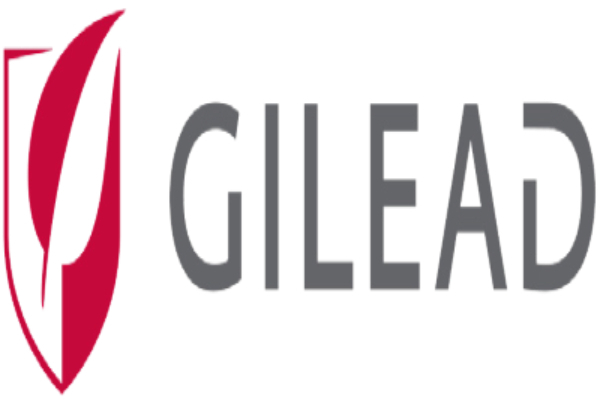The study met its primary endpoint, demonstrating a highly statistically significant and clinically meaningful improvement in progression-free survival (PFS) compared to chemotherapy

Gilead Sciences, and Kite, a Gilead Company, announced the presentation of new data at the European Society for Medical Oncology (ESMO) Congress 2025, taking place October 17–21.
The findings underscore Gilead’s continued commitment to transforming cancer care through innovation and advancing potentially practice-changing therapies across tumor types.
A late-breaking presentation (LBA20) will feature full results from the Phase 3 ASCENT-03 study evaluating Trodelvy (sacituzumab govitecan-hziy) as a first-line treatment for patients with metastatic triple-negative breast cancer (TNBC) who are not candidates for PD-1/PD-L1 inhibitors.
The study met its primary endpoint, demonstrating a highly statistically significant and clinically meaningful improvement in progression-free survival (PFS) compared to chemotherapy. These results highlight the potential of Trodelvy to represent the first major treatment advance for this patient population in nearly two decades.
Additional late-breaking data (LBA22) will also be presented from an analysis of patient-reported outcomes in the ASCENT-04/KEYNOTE-D19 study, which evaluated Trodelvy in combination with Keytruda (pembrolizumab) versus Keytruda and chemotherapy in patients with first-line PD-L1+ metastatic TNBC. The ASCENT-04 study previously met its primary endpoint and was presented at the 2025 ASCO Annual Meeting.
The use of Trodelvy plus Keytruda in PD-L1+ metastatic TNBC and Trodelvy as monotherapy in patients not eligible for PD-1/PD-L1 inhibitors remains investigational. The safety and efficacy of these combinations have not been established.
“With ASCENT-04 and now ASCENT-03, our data underscore the potential of Trodelvy to become a standard-of-care option for all first-line metastatic triple-negative breast cancer patients, regardless of PD-L1 status,” said Dietmar Berger, MD, PhD, Chief Medical Officer, Gilead Sciences. “These results reflect our broader oncology strategy of advancing innovative therapies into earlier treatment settings, broadening the range of cancers we can treat, and applying cutting-edge science to some of the most difficult-to-treat diseases, including gastroesophageal, lung, and gynecologic cancers.”
In collaboration with Arcus Biosciences, Gilead will also present the first overall survival results from Arm A1 of the Phase 2 EDGE-Gastric study (Abstract #2112MO). The trial evaluated the combination of domvanalimab, an Fc-silent anti-TIGIT antibody, with the anti-PD-1 antibody zimberelimab and chemotherapy as a first-line treatment for patients with advanced gastric or esophageal cancer that is unresectable or metastatic.
In this analysis, 50 per cent of patients treated with the domvanalimab and zimberelimab regimen lived beyond two years, achieving a median overall survival of 26.7 months. No unexpected safety signals were observed, and the combination was generally well tolerated with a safety profile consistent with anti-PD-1 plus chemotherapy. Immune-mediated treatment-emergent adverse events (TEAEs) occurred in 22 per cent of patients, and infusion-related reactions were reported in 7 per cent.
Domvanalimab and zimberelimab are investigational agents and have not been approved by any regulatory authority. Their safety and efficacy have not yet been established.

Subscribe To Our Newsletter & Stay Updated